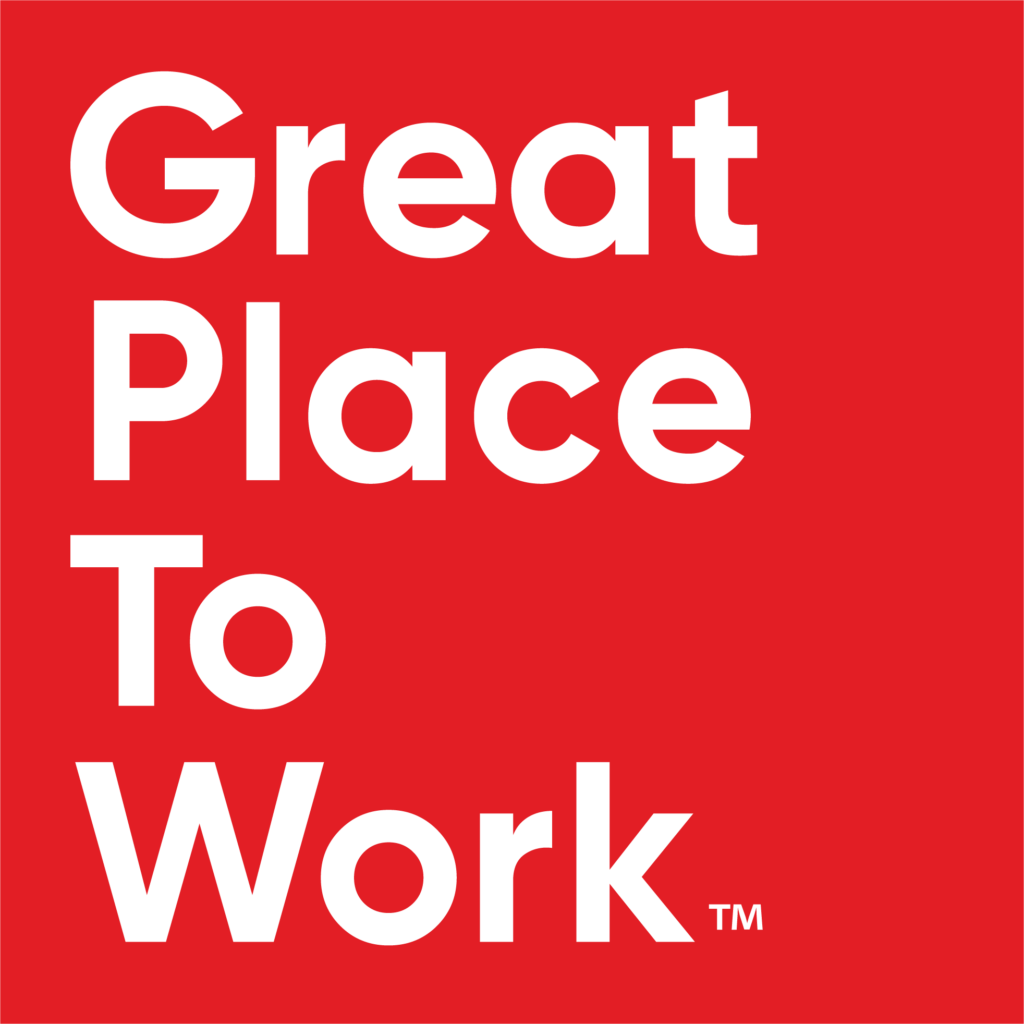As we become more comfortable working from home, the next question on the minds of many companies is: How can we keep people inspired and motivated through social distancing times?
In a post-COVID-19 world, companies will benefit from the learnings of the current virtual work experiences. A recent World Economic Forum study on employment trends found that flexible work is one of the biggest drivers of transformation of business models in many industries:
“Telecommuting, co-working spaces, virtual teams, freelancing and online talent platforms are all on the rise, transcending the physical boundaries of the office or factory floor and redefining the boundary between one’s job and private life in the process.”
Lessons from Best Workplaces
Fortunately, Best Workplaces give us examples of how to do this well.
While working virtually is new to most of us, many companies on our Fortune 100 Best list have found success managing a highly distributed workforce long before COVID-19 forced them to be so. They’ve learned a lot about how to apply trust-building principles in a virtual environment.
The use of technology and collaboration platforms allows leaders of virtual teams to help people find a special meaning in their work. Leaders at distributed Best Workplaces connect with groups through regular webcasts, podcasts, videos, and blogs.
This creative use of technology also allows people to share their personal stories that bring humanity and personal touch to the virtual environment. Finally, it allows people to recognize their peers.
Here’s what some of these high-trust workplaces are doing:
Ultimate Software: Webcasts
At Ultimate Software, approximately 40% of their 5,000+ employees work virtually pre-COVID. Several departments had been streaming their Town Hall meetings live, so virtual employees can attend and share feedback.
For example, teams whose members work across the country go live on quarterly Town Halls led by an SVP and his leadership team.
The first part of the meeting includes updates on Ultimate’s key strategic initiatives, as well as financial, operational, and people news. Then, the leadership team opens the line for any questions and feedback employees wish to submit.
Each Town Hall is also recorded and posted to their internal home site for on-demand viewing. The meetings also include a fun round of Town Hall Trivia, where employees have the chance to “buzz in” and win a gift card for correct answers.
CarMax: Remote manager check-ins
CarMax has 26,000+ associates distributed across more than 200 stores in the U.S.
In response to the preferences of their millennials and Gen Z associates, they started offering flexible work arrangements.
CarMax knows that regular check-ins with managers are foundational to successful remote working relationships — the more managers understand the day-to-day activities of their people, the better.
They’ve found that documenting tasks and goals for both the near term (weekly and monthly) and the long term (quarterly and annually) is crucial to staying on track.
Cisco: Leadership Quarterly helps leaders build the best virtual teams
At Cisco, 70% of their 38,000+ employees were taking advantage of telecommuting before the pandemic.
Their “Leadership Quarterly” is an effective forum that occurs four times a year for open dialogue between their people leaders and the executive team.
This is an opportunity for people leaders to exchange examples and insights for building the best teams. Leaders share:
• Their own leadership best practices
• Tips for leading global virtual teams
• Advice on leading big projects.
Leaders speak candidly to fellow leaders about the challenges they have faced and how they overcame them to achieve their desired results. In-depth Q&A sessions enable attendees to dive deeper and identify the strategies that best resonate with them.







